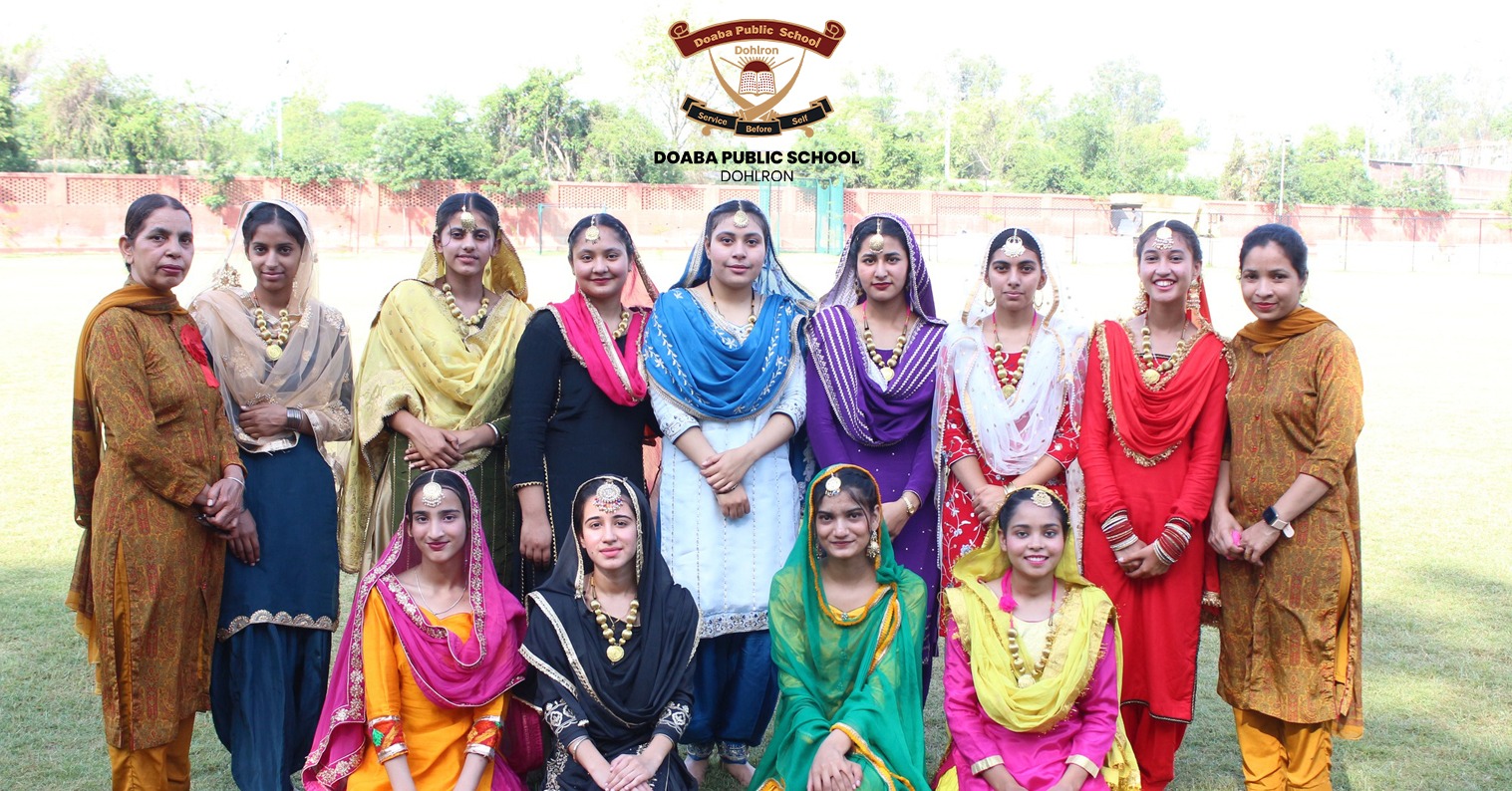
28 Oct Importance of Multicultural Education in the Classroom
Reading Time: 17 minutesMulticultural education is an important part of effective teaching today, where there has to be the existence of an all-inclusive environment so that students from different cultures find respect. We, at Doaba Public School, one of the Best School in Garhshankar, believe that for any student to thrive, such a type of environment has to exist. Multicultural education enhances the learning experience of the student and readies him or her for the world outside, which is fully globalized. In this blog, we will explore the importance of multicultural education and its impact on students.
Understanding Multicultural Education
Multicultural education or, rather, is a pedagogical approach that not only acknowledges and appreciates the presence of diverse cultural backgrounds in the student’s population within a curriculum and in classroom practices, but also constantly advances the cause for equitability in understanding and respect for different cultures and creating an environment where each student is felt as being appreciated and included.
- Inculcation of Inclusiveness and Respect
It enhances an inclusive and respectful, celebrative multicultural classroom environment. While students study other cultures and traditions, they become much more aware of the tapestry that composes humanity. This then actually gives rise to empathy, respect, and breaking off stereotypes and biases. Appreciation for the uniqueness of one’s peers ultimately brings about harmony and a more effective learning environment.
- Development of Critical Thinking
Multicultural education in the curriculum encourages the learner to think more critically about the issues of society. This ranges from reading with different cultural perspectives, which calls upon an individual to think critically and evaluate information presented from several sides. This, in turn, not only provides them with strength in thinking critically but also equips them to face various complex global challenges that will eventually be thrown their way, based upon a better understanding of the environment around them.
- Preparing Students for a Globalized World
The appreciation of diversity is very fundamental in our world that is becoming more and more interconnected. The multicultural education helps the learners to develop effective communication skills with other individuals from different backgrounds, hence its promotion of cross-cultural communication skills. Understanding and appreciating other cultures help learners achieve flexibility and open-mindedness-the key recipe for today’s job market.
- Social Justice and Equity
The emphasis of multicultural education lies in social justice and equity, and thereby equips the students to identify and fight against discrimination and inequality. This, in turn, will help recreate the just society once they start questioning themselves regarding the problems existing in their societary setup and require answers for it.
Exposure to other cultures equips students with the knowledge to speak for themselves and on behalf of other people also by inculcating a sense of personal responsibility for creating a better world around them.
- Deepening learning process
Multicultural thinking provides depth in the curriculum that enhances student experiences in their educational journey. They get exposed to literature, arts, history, and its diverse and cultural traditions of different cultures. It feeds the hearts with interest, vivifies creativity, and helps the students attain a rich insight into their own cultural identity.
Conclusion
In a nutshell, the importance of multicultural education cannot be not learnt in the classroom. As the Best CBSE School in Punjab, Doaba Public School showcases the best that society, in terms of religious, social, and cultural differences, has to offer, in the hope that students learn through interaction and develop positive elements to further the cause of building understanding and respect among themselves. Through multicultural education, we prepare our students to become good contributors to the world they step out into with confidence and compassion. This approach brings out responsible, empathetic, and culturally aware individuals who give back to the community and society in which they live.

Sorry, the comment form is closed at this time.